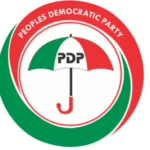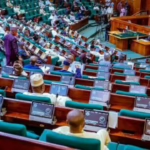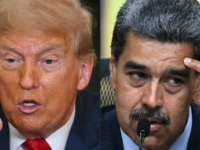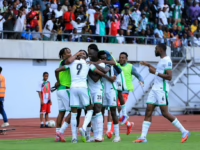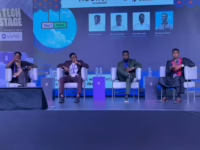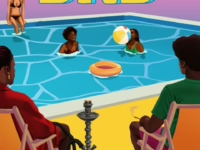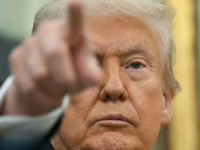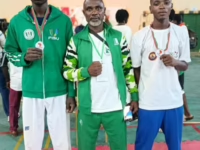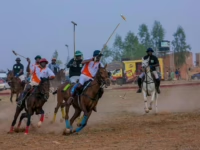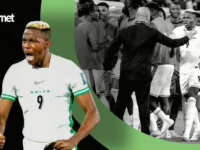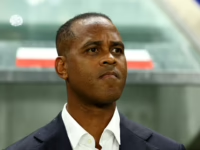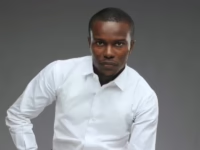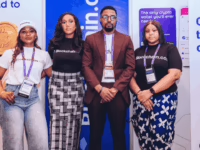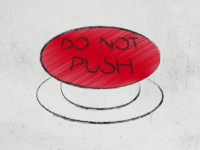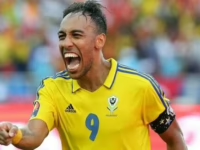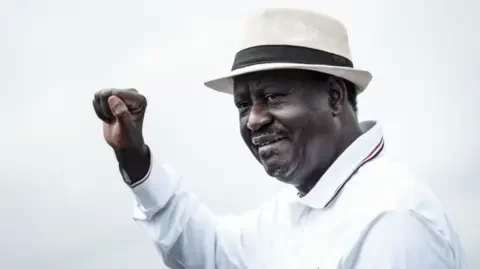Raila Odinga was known on Kenya’s political landscape as a master political mobiliser and towering figure. He distinguished himself even if the most coveted seat of the president of the East African country eluded him after several attempts.
Odinga ran for presidency of Kenya five times but did not succeed even though he disputed the results of the elections and rejected them on each occasion, accusing the ruling party and the election body of conniving to deny him victory.
LEADERSHIP had reported that Odinga was born on January 7, 1945 to Kenya’s first vice president, Hon Jaramogi Oginga Odinga and Mama Mary. Ralia Odinga was the leader of the 2022 election coalition, Azimio la Umoja, One Kenya Coalition, on whose ticket he contested the country’s August 9 general election as the presidential candidate.
A smart politician, Odinga joined parliamentary politics in 1992 when he vied for the Lang’ata parliamentary seat on Ford Kenya Party ticket which was led by his late father. He won the seat, beating the incumbent, Hon. Philip Leakey, who was then an assistant minister in President Daniel Arap Moi’s regime.
Odinga was successfully reelected for four terms. In 2010, while serving as Prime Minister together with President Mwai Kibaki, he led a review of Kenya’s constitution. The new constitution provides for a presidential system and disallows presidential candidates from being members of parliament.
He contested the country’s top seat five times – 1997, 2007, 2013, 2017 and 2022, and was detained for championing the “second liberation of the country.” He was initially imprisoned for an alleged coup in 1982, which propelled him on to the national stage.
As a social democrat, he believed in equality and equitable distribution of resources and consistently championed good governance. He was also a champion of free press and freedom of expression. His wish for Africa is to have elections that are free from manipulation and for the will of the people to prevail.
His father, Oginga Odinga, Kenya’s first vice-president, walked out of government after falling out with then-leader Jomo Kenyatta, Kenya’s first indigenous president and the father of the immediate past President Uhuru Kenyatta.
Odinga believed that Africa should not depend so much on the West because the continent has all the resources and potential to transform its people and be among the first world.
One of the most devastating post elections crises in Kenya was the disputed 2007 presidential election in which Odinga claimed he was cheated out of victory by then President Mwai Kibaki. This led to perhaps the biggest political crisis in Kenya’s history as it sparked violence around the country, resulting in 1,200 deaths, forcing about 600,000 to flee their homes as the crisis quickly took ethnic dimensions.
The crisis shocked the world but the former Secretary General of the United Nations, Kofi Anan in collaboration with the African Union, brokered peace with a power-sharing agreement leading to the formation of a unity government in which Odinga became prime minister, while Kibaki remained president.
Odinga’s claim of election fraud against former president Uhuru Kenyantta in 2017, found credibility as Kenya’s highest court annulled Kenyatta’s victory and ordered fresh polls. However, he refused to participate in the rerun, demanding electoral reforms.
He later reconciled with Kenyatta, stunning the nation when the two shook hands in 2018 – ending months of tension, a development typical of his character as he often reconciled with incumbent presidents after bitter rivalry during elections.
After his most recent defeat in 2022, Odinga later teamed up with President Ruto in a broad-based government, which gave several of his allies’ key positions in government.
He later claimed that the broad-based government was necessary for national unity, after waves of nationwide protests last year that led to the storming of the Kenyan parliament by his supporters. Dozens of protesters were shot dead in clashes with security agents.
His attempt to become chairperson of the African Union Commission, in an election held earlier this year, did not materialise as he lost to Djibouti’s Mahmoud Ali Youssouf despite enormous support from President Ruto and the East African region.
Odinga is a crowd puller as he inspired a passionate and loyal following throughout his political career, especially in western Kenya, where he was born. He had a deep sense of connection with ordinary people and history will reckon with him as a fighter for justice as the former leader of the opposition Orange Democratic Movement (ODM) bows out.
His supporters called him “Baba” (Father), “Agwambo” (Act of God), and “Tinga” (Tractor) – drawn from his party’s symbol during the 1997 elections.
He was a former political prisoner, and held the record for being Kenya’s longest-serving detainee. He had struggled against one-party dictatorship, which plunged him into detention twice (from 1982 to 1988 and 1989 to 1991) during the reign of President Daniel Arap Moi.
He was perceived as a symbol of resistance and political reform and his death leaves a vacuum.


